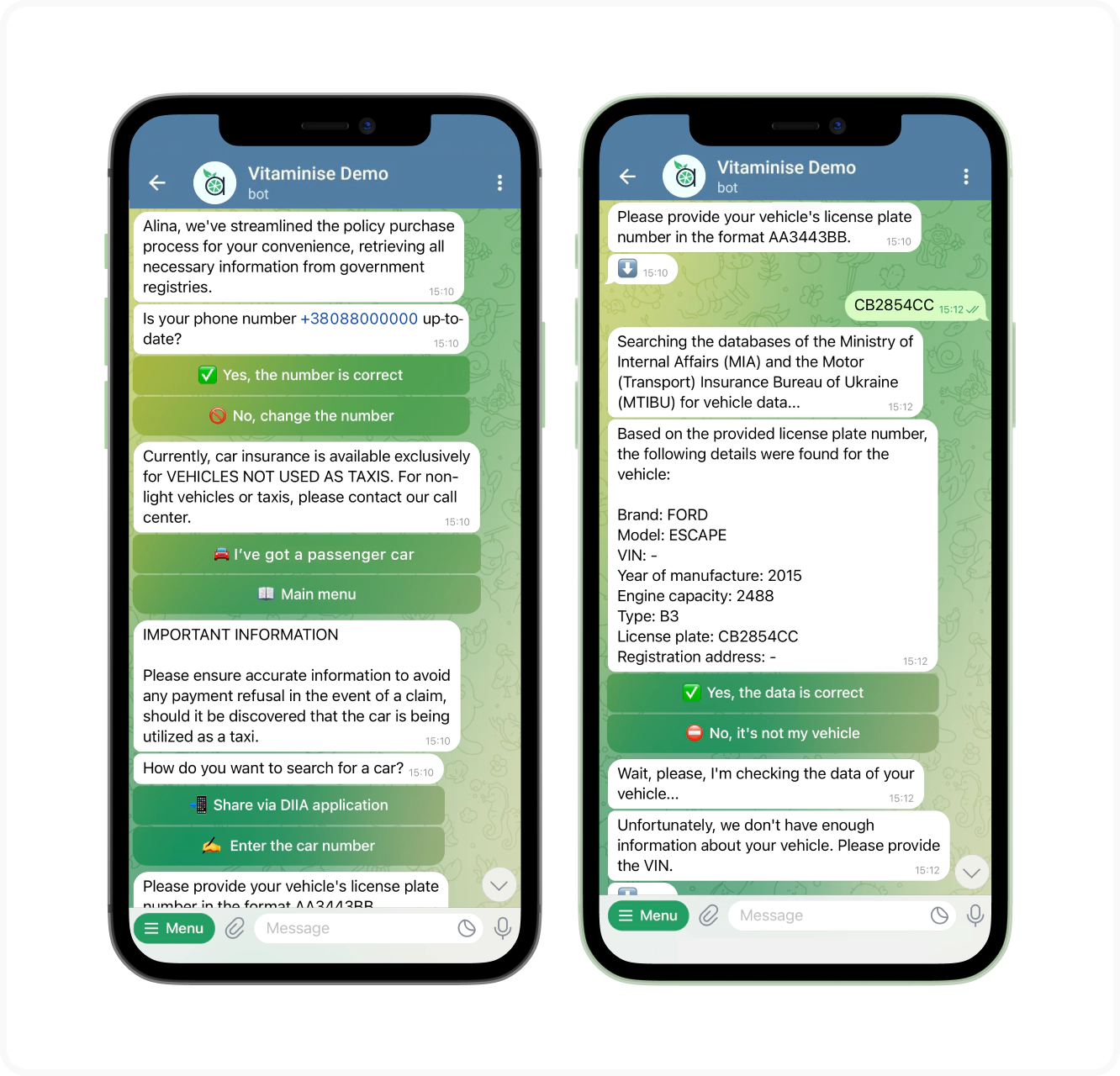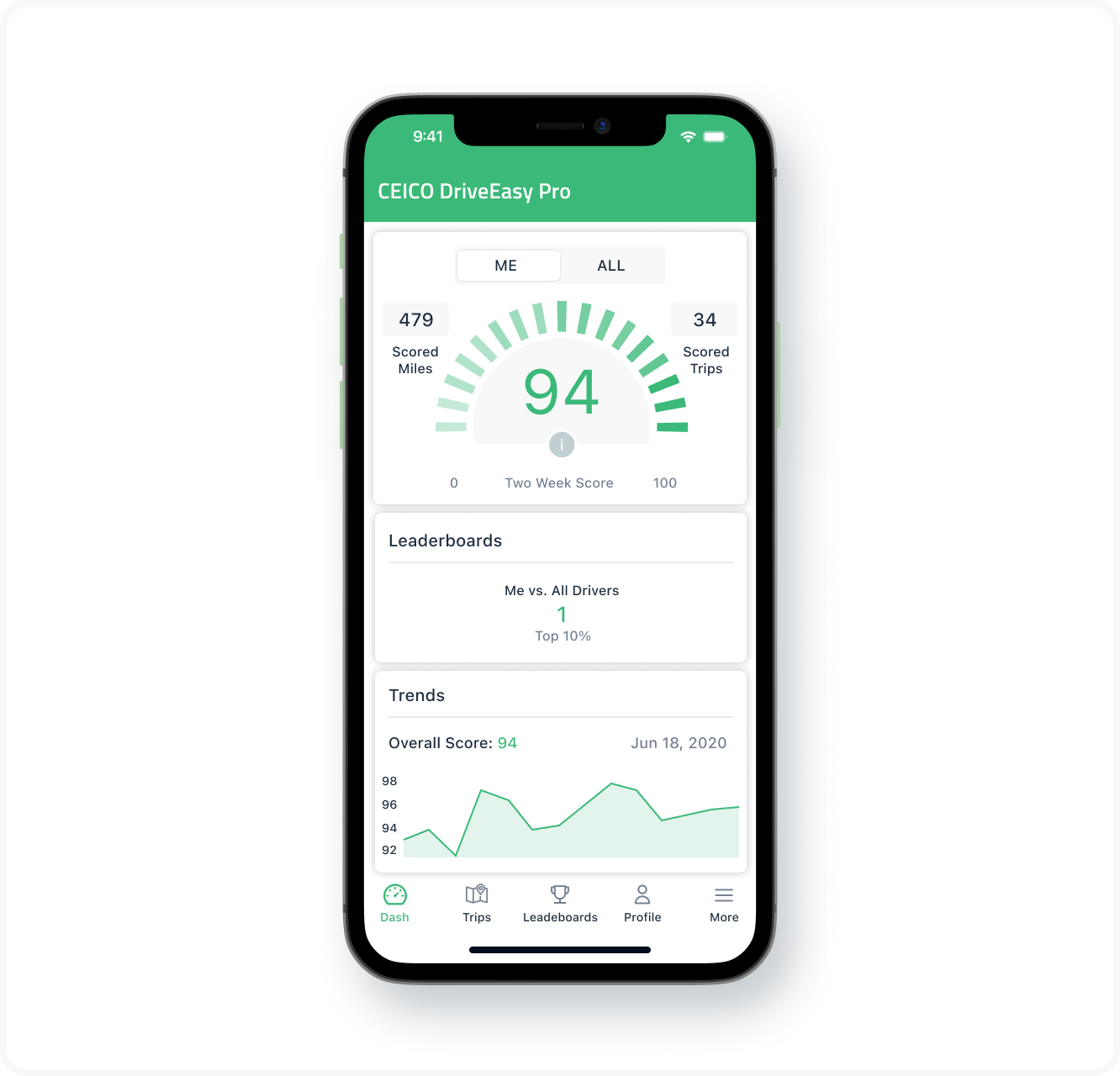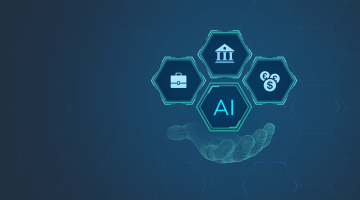

Artificial intelligence in auto insurance
As artificial intelligence becomes an integral part of most industries, businesses should prepare to respond to ever-changing market and customer demands. The car insurance sector also understands the need to transform processes and integrate AI into its IT landscape. In this article, you will learn more about AI trends and their role in insurance.
AI shaping the key processes in the auto insurance industry
Artificial intelligence has already been deployed into many spheres of our lives, including our homes and vehicles. COVID disruption also affected insurers, which made them digitize more quickly. The benefits of artificial intelligence in insurance facilitated significant investments into digital transformation and AI-driven solutions. Below are the key processes affected by AI algorithms and examples of successful technology usage in the industry.
Communication with customers and sales
AI-powered chatbots can understand complex customer queries and respond like human consultants. Therefore, insurers implement chatbots to automate and simplify their interaction with customers: there is no need to allocate dedicated resources to manage inquiries through a chatbot, which results in decreased operational costs, efficient customer support, and satisfied clients. People don’t like to wait long for responses to their inquiries; that’s why chatbot integration is a perfect way to ensure instant answers and access to FAQs.
Use case: AI-driven chatbots also add value to the sales process. Modern solutions like Vitaminise Chatbot offer people various car insurance options by providing all the necessary details (insurance products, coverage, tariffs, etc.). Firstly, the chatbot asks a person to enter their data, such as car brand, model, VIN, year of manufacture, engine capacity, and more. Secondly, it can recommend a particular type of insurance and offer the client the option to pay online.

Underwriting
Traditionally, underwriting is a cumbersome and manual process involving much paperwork. Artificial intelligence, which can analyze vast amounts of data, can significantly simplify underwriting. Pre-defined AI algorithms can capture data about driver behavior, vehicle characteristics, historical claim assessments, and various external aspects such as weather or road conditions. AI tools can identify and consider correlations that even professional underwriters might overlook, making the risk assessment process more accurate and error-free.
For example, car telematics devices, also known as driver behavior monitoring tools, can track how, when, and where you drive. Information about mileage and driving habits helps insurers create personalized offerings and promote safe driving by giving drivers special rewards and lower policy tariffs. Telematics allows for the creation of usage-based premium rates to meet particular driver’s needs.
Use case: Geico, a car insurance company, offers a DriveEasy program for people who want to get a cheaper insurance quote based on their driving habits. The company provides a dedicated mobile app with an in-built dashboard that monitors driving scores and trips, including speeding, cornering, braking, and distraction-free driving.

Claim processing
The current workflows of many car insurance companies include manual processing of claims, which is a complex and time-consuming procedure requiring specific professional skills and attention. Agents should work with massive amounts of unstructured data from various sources, in multiple formats. Each document, like bills, invoices, and damage assessments, requires time to be appropriately processed and reviewed. As a rule, customers are unsatisfied with the long wait time for claim processing and getting decisions on reimbursements, which results in customer churn. So, integrating special AI tools into a car insurance company’s IT landscape can improve the situation.
With the help of OCR (optical character recognition) and NLP (natural language processing), image recognition helps insurers categorize, improve, and organize digital documents cleanly and neatly. This advanced technology allows agents to devote more time to building strong customer relationships instead of doing manual and redundant tasks.
Use case: Nanonets OCR API allows the extraction of some fields from motor insurance claims: claim number, vehicle number, insured’s name, date and time of accident, type of loss, place of accident, etc. Unlike traditional OCR tools, Nanonets offers multiple export options, receiving documents from various sources, data formatting, no templates set-up, and self-learning AI.
Fraud detection
The insurance industry is constantly losing billions due to fraud. Among the most frequent fraudulent claims are faking the injury, filing several claims for one accident, reporting a claim for the stolen car that is still in the insured’s possession, increasing the cost of repairs, etc. Due to the vast number of claims, manual verification by adjusters and internal auditors is quite daunting. Using AI in automotive insurance can help carriers bring fraud detection to the next level using predictive models and machine learning algorithms. AI models are less time-consuming and have a higher accuracy rate.
Use case: The FraudAway solution for vehicle insurance offers ML models and specific rules to prevent fraud. The rules include identifying several claims in a short time, high amounts of claims, and claims reported right after the policy purchase. These solutions can be complemented with other rules and models if needed.
Benefits of artificial intelligence in insurance
As you see, artificial intelligence in insurance software facilitates the efficiency and automation of key insurance operations. Let’s discover more advantages of AI and car insurance.
- More informed decisions in underwriting, leading to better pricing strategies and reduced occasions of fraud
- Reduced time to settle claims thanks to the automated claim processing workflows
- Minimized financial losses due to AI-powered fraud detection
- Enhanced customer satisfaction and loyalty
- The opportunity to meet evolving market demands using predictive analytics
To sum up, AI car insurance is a market differentiator for insurance carriers; it can attract more clients, improve customer loyalty, and increase the company’s revenue. To implement and use it efficiently, you should conduct in-depth research on what AI-powered features can be the most beneficial for your business. For this, you can hire a professional insurance software development company that will ensure the appropriate discovery phase. Contact DICEUS to find out how AI might be helpful for your business.
FAQ
How does artificial intelligence impact the auto insurance industry?
Artificial intelligence in car insurance has multiple use cases in the auto insurance niche – from after-accident analysis of data obtained from cameras and sensors to prevent staged accident and theft frauds to risk calculation and assessment based on the behavioral characteristics of the driver, speed, distance traveled, etc. Using such data, insurers can set premiums, give discounts, validate claims, and perform other pipeline operations.
What role do machine learning and artificial intelligence in insurance sector play?
Using ML algorithms, insurance companies can personalize the services provided to vehicle owners. They enable insurers to analyze individual drivers’ habits and history (distance covered, hard braking and cornering, rapid acceleration, airbag deployment, etc.) and extend usage-based auto insurance programs that rely on Pay As You Drive or Pay How You Drive pricing plans.
How is AI-driven claims processing transforming the automotive insurance industry?
AI-powered tools streamline and facilitate all stages of the automotive claim processing pipeline, including claim submission, claim validation, and disbursement payment. Also, artificial intelligence is used to prevent fraud related to vehicle insurance claims and assess and minimize risks in each insurance case.
How are insurtech implementations maximizing benefits from AI in auto insurance solutions?
Thanks to artificial intelligence in insurance industry, carriers can increase the efficiency of claim handling workflow, identify fraud in real-time, estimate damage quickly and accurately, and more. Besides, they can issue recommendations to drivers regarding their vehicle maintenance and to car manufacturers concerning the safety of their products.





